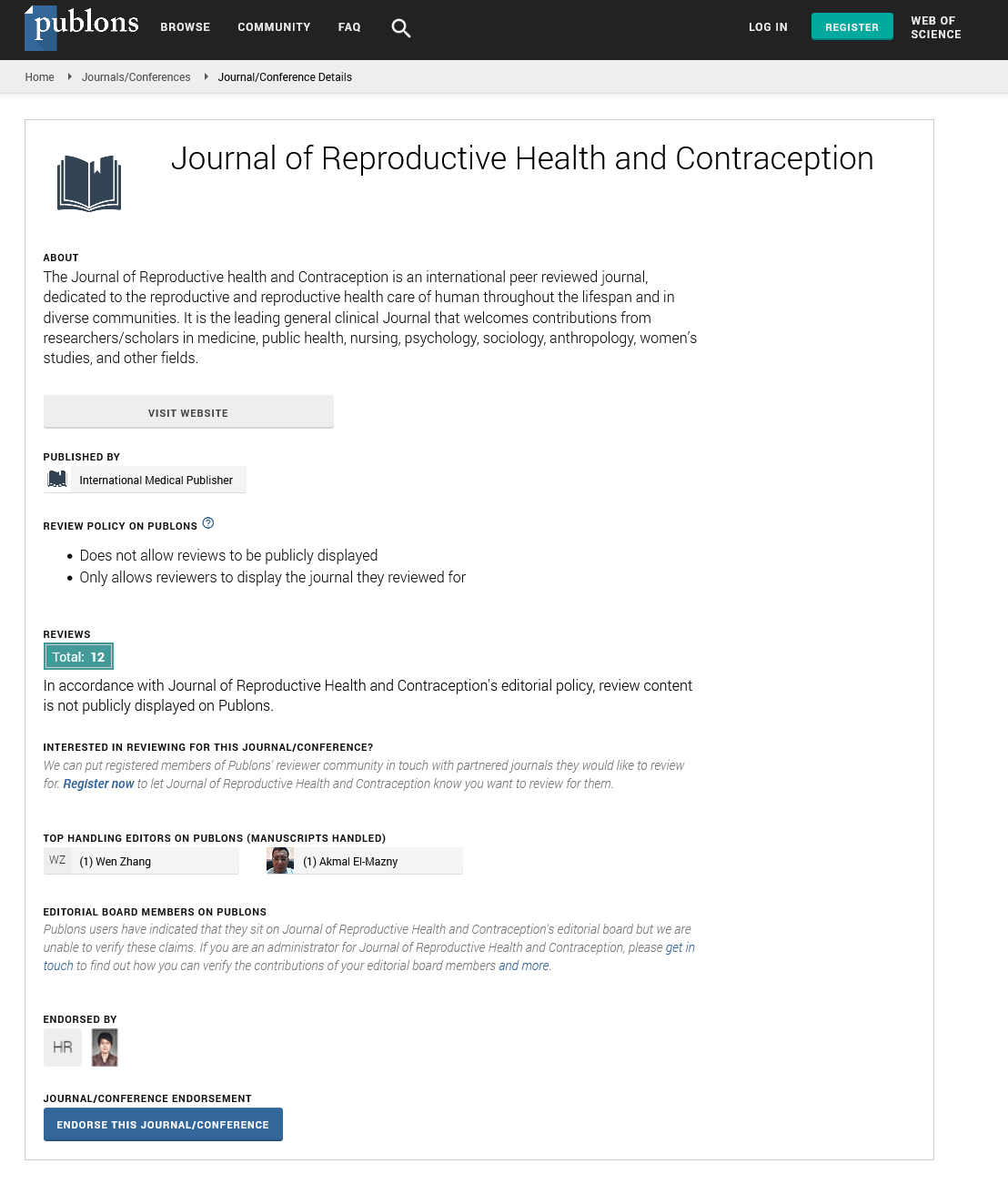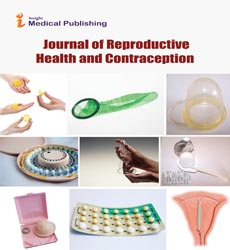Abstract
Possibilities of Planned Small Families in Communities with Lack of Awareness and Scarce Resources
Each day, more than 800 women die due to pregnancy, birth related causes. Most deaths are preventable through birth control, prevention of unwanted pregnancies and increased interval between pregnancies. Objectives: To get information related to possibilities of small families in communities with extreme poverty with mission of future research and advocacy for small families. Methodology: Information was collected by simple review of relevant literature, studies, reviews, commentaries. Personal observations were added. Evidence: It is not very well known whether people with extreme poverty really want to have large families while living with resource crunch, which makes their survival difficult. Rich-poor gap in contraceptive use is large, because of gap in use of modern spacing methods which is much higher in rich compared to poor. Women from poor families tend to have more children, as they give birth at young age, continue childbearing beyond 40 and are less likely to use contraceptive with more unmet need. High fertility has significant implications on welfare of family. Burden of large family perpetuates vicious cycle of poverty, less contraception, more children and more poverty. Reasons given by respondents for non-use of contraception suggest that accessibility of family planning services is not always a barrier even among poorest and there are other factors which result in relatively low use. Women who receive comprehensive factual family planning education are more likely to use contraceptives. Contraceptives with greater side effects or negative cultural perceptions are less likely to be used. Unmet need of contraception due to lack of resolve to practice contraception is not known. Possibilities: It is essential to know whether couples/women with extreme poverty ever think about planned small family. If no, why, if yes, why action is not taken. Providing culturally sensitive, family centered, accessible sustainable system is essential. There is need of women centered environment that respects their beliefs and helps them have small, planned families
Author(s):
Chhabra S
Abstract | Full-Text | PDF
Share this

Google scholar citation report
Citations : 201
Journal of Reproductive Health and Contraception received 201 citations as per google scholar report
Journal of Reproductive Health and Contraception peer review process verified at publons
Abstracted/Indexed in
- Google Scholar
- China National Knowledge Infrastructure (CNKI)
- WorldCat
- Publons
Open Access Journals
- Aquaculture & Veterinary Science
- Chemistry & Chemical Sciences
- Clinical Sciences
- Engineering
- General Science
- Genetics & Molecular Biology
- Health Care & Nursing
- Immunology & Microbiology
- Materials Science
- Mathematics & Physics
- Medical Sciences
- Neurology & Psychiatry
- Oncology & Cancer Science
- Pharmaceutical Sciences


